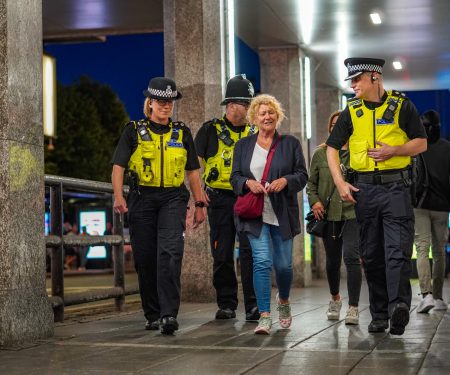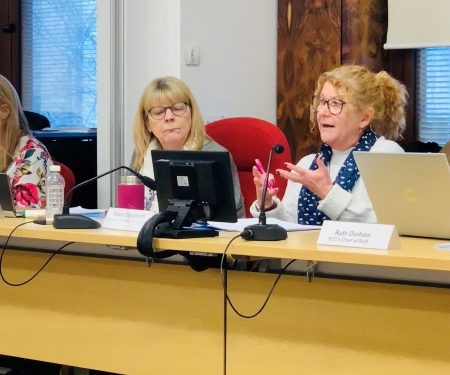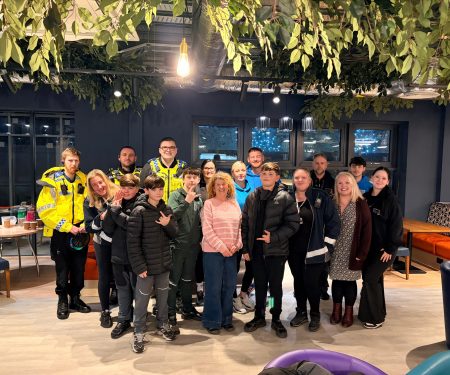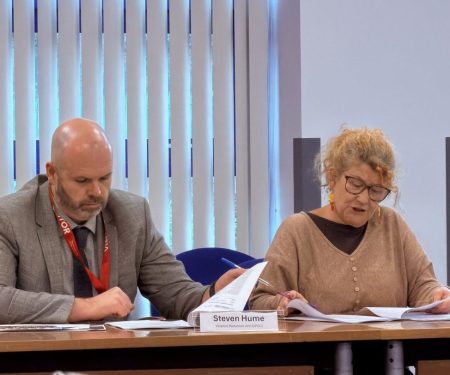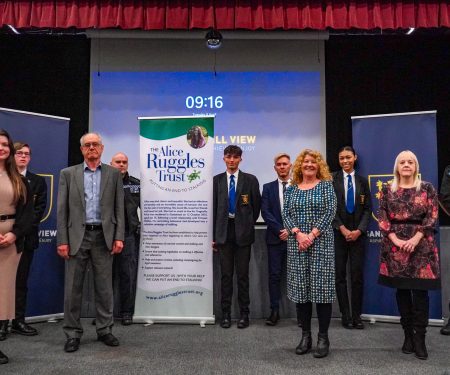The need to tackle serious violence remains a key priority, with the new strategy setting out a long-term united approach to addressing the root causes of violence, and making communities safer.
With Newcastle already having seen a 1.5% reduction in serious violence over the last 12 months, and other areas starting to show signs of increases slowing down, the 5-year plan aims to continue building on the work in preventing violent crime.
Earlier this year, the introduction of the Serious Violence Duty placed an expectation for local authorities and services to work together to prevent and reduce serious violence.
This led to the development of the Northumbria Response Strategy following a series of consultations to understand local priorities around serious violence, and how it can be prevented.
Through this partnership approach, it has led to the development of five key priorities:
- Creating stronger systems by bringing together partners from a broad range of backgrounds, and taking a public health approach to tackling serious violence, with improved services and support for communities.
- The use of data and intelligence which is critical to understanding the nature of serious violence, enabling resources to be targeted in areas most in need of action.
- Prevention and early intervention activity provides a greater chance of improving the lives of the most vulnerable individuals and communities, as well as reaching them at the earliest point.
- Enforcement remains a crucial element in combatting serious violence by enabling the force to pursue, disrupt and prosecute violent offenders.
- Supporting communities in understanding the impact and consequences of serious violence, and enabling them to be part of the solution in making local areas safer for everyone.
The strategy, approved at a recent board chaired by Police and Crime Commissioner Kim McGuinness, focuses on educating young people at the earliest point, identifying individuals causing the most disruption to local areas, reducing the risks for communities, and ensuring intensive intervention is in place to challenge and change behaviour.
Produced by a range of partners, the local plan brings together the Northumbria Violence Reduction Unit, Northumbria Police, Local Authorities, Fire Services, Health and Probation, all with a shared commitment to addressing the causes and impact of serious violence.
Northumbria Police and Crime Commissioner, Kim McGuinness said: “We are starting to see signs of violence levels slowing but there is still so much more to be done. This isn’t just about quick fixes – it’s about fostering long-term solutions that address the root causes of violence. We all have a crucial role to play, which is why this strategy brings together a range of partners, all with an unwavering commitment to preventing violent crime.”
“Through the Violence Reduction Unit we will continue to reach the most vulnerable individuals at the earliest point, and ensuring they have the knowledge needed to make positive choices. With a range of targeted initiatives, we will work alongside partners to identify violent offenders, engaging them in interventions to address their behaviour and prevent reoffending. However, where offenders choose not to engage, I want them to know that enforcement action will be taken.”
She added: “With this partnership approach and the priorities we have set out, we will continue to do all we can to tackle serious violence, and make communities safer.”
For more information, and to view the full Northumbria Response Strategy, visit the Violence Reduction Unit website.


